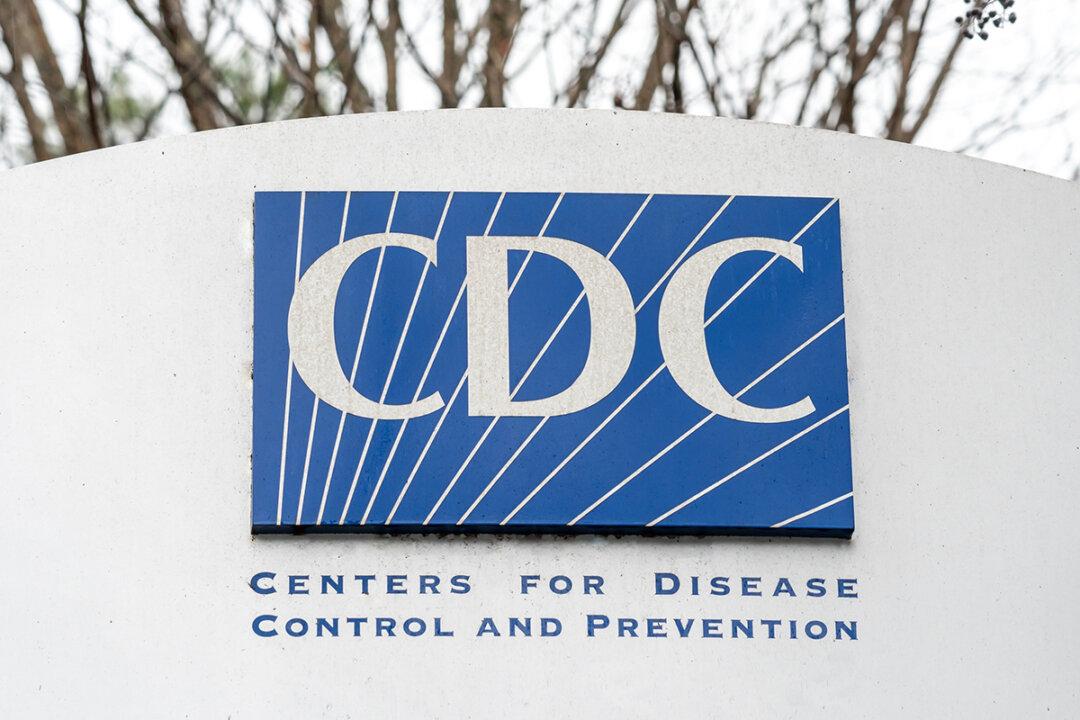Close behind was genital reconstruction, making up 35.1 percent, followed by facial and cosmetic procedures at 13.9 percent. The greatest number of procedures overall were undergone by women, 19- to 30-year-olds, people with private insurance, and people with higher incomes. Most procedures occurred in the West and were performed in urban teaching hospitals.
When divided into subgroups, breast and chest procedures comprised more of the surgical interventions in younger patients. Genital procedures were higher in older patients.
About 15 percent of the over 48,000 respondents examined indicated mental health or addiction problems, including drug and alcohol abuse, depression, and psychosis.
What Are the Dangers of Transgender Surgery?
Transgender surgeries do not come without potential dangers. Evidence concerning regret rate, long-term medical complications, effects of hormonal therapy, and the link between surgeries and depression and suicide rates require further study.Side Effects
A 2021 study found reoperations due to long-term complications following breast augmentations do happen. Implant ruptures, capsular contractures (an immune response to breast implants resulting in scar tissue), and aesthetic problems can occur anywhere from 30 days to 5.5 years after surgery.- Bleeding.
- Infection.
- Poor incision healing.
- Hematoma.
- Nerve injury stenosis of the vagina.
- Inadequate vaginal depth.
- Urinary tract injury.
- Abnormal connections between the urethra and the skin.
- Painful intercourse.
Suicide Risk and Attempts
A study published in PLOS One highlighted the alarming rates of suicide and suicide attempts in people who underwent sex-reassignment surgery. Experiment results by researchers in Sweden found people who underwent sex reassignment were 4.9 times more likely to attempt suicide and 19.1 times more likely to die of suicide than the controls.Updated Recommendations
Hormone therapy is recommended and sometimes required for some patients before breast and chest surgery.However, evidence supporting hormone therapy for transgender individuals is inconclusive.
“The update to the Swedish treatment guidelines represents an impressive step toward safeguarding the growing numbers of gender dysphoric youth from medical harm arising from inappropriate gender transition,” health officials wrote in the recommendations.






